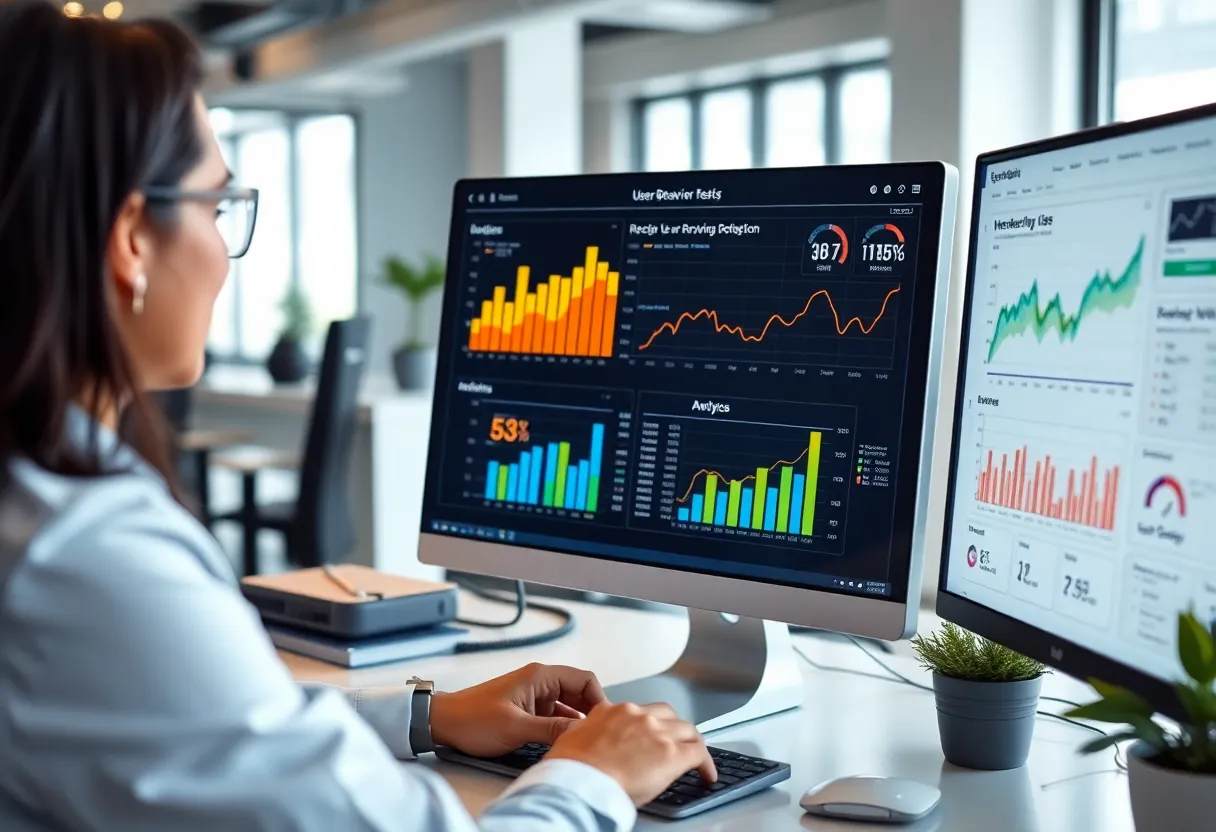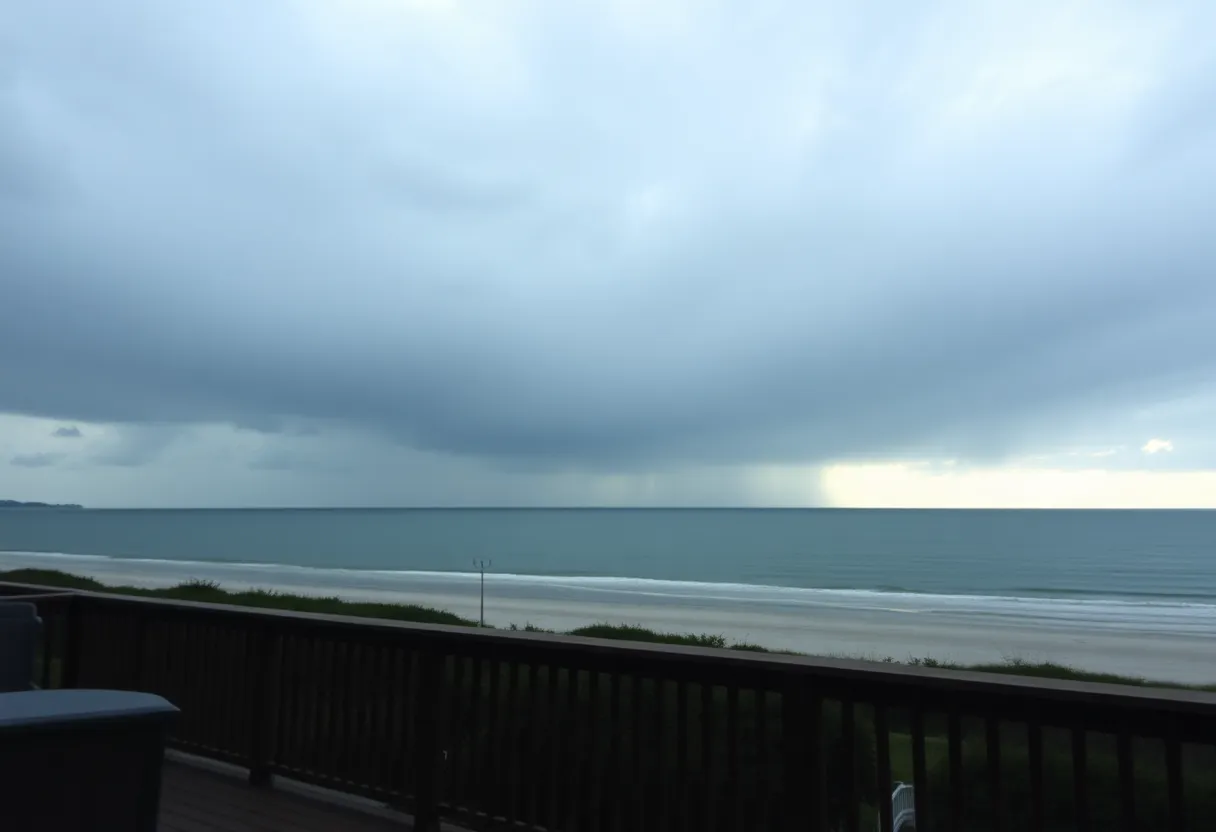News Summary
The Spanish regulatory agency has imposed a hefty €413 million fine on Booking.com for allegedly imposing unfair commercial conditions on hotels. This significant penalty has reignited discussions among hoteliers regarding their challenging relationship with online travel agencies (OTAs). As the hospitality industry explores strategies to enhance guest experiences and optimize data use, the new fine signals a potential shift in how hotels collaborate with OTAs and leverage digital marketing.
Spanish Regulatory Agency Slaps €413 Million Fine on Booking.com: What It Means for Hotels
There’s some big news shaking up the hospitality industry in Spain! The Spanish regulatory agency has hit Booking.com with a staggering €413 million fine. The reason? They’re accused of imposing unfair commercial conditions on hotels. This situation has sparked a conversation among hoteliers about their complex and often tricky relationship with online travel agencies, or OTAs for short.
The Love-Hate Relationship with OTAs
Many hoteliers find themselves in a bit of a pickle. On one hand, OTAs help fill rooms quickly and efficiently; on the other hand, hotels are often frustrated by the significant control these platforms have over guest data. This has led to a desire among many hotel owners to rethink how they collect and use customer information to boost their operations and profits.
As part of this shift, hoteliers are starting to focus more on employing technology that allows them to gather, connect, and analyze guest data. Taking control of this information is crucial in reducing the reliance on parties that hold consumer data, which is something hotels have struggled with for years.
New Opportunities with Digital Marketing Regulations
Things could change even further with the European Union’s recent Digital Markets Act, which aims to reshape the landscape of digital marketing and distribution. Hoteliers are advised to be proactive in adapting their strategies to the evolving environment.
However, not all technology is created equal. Many hotels still grapple with legacy technology that hampers their ability to fully understand and interact with guests. Outdated systems often lead to data being siloed, which means that insights about the guest experience might become buried and go unnoticed.
Investing in Guest Experiences
Discussions at the recent Phocuswright Europe event highlighted the pressing need for hotels to invest in technology that can elevate guest experiences and boost customer loyalty. Every dollar spent on digital marketing should be carefully reviewed to ensure it offers real value and measurable outcomes. It’s been noted that currently, a significant chunk of hotel marketing budgets – a whopping 29% – is allocated to social media. Unfortunately, this only results in a meager 1% of total marketing revenue. Something clearly needs to change!
Redirecting Marketing Budgets
Industry experts argue that hotels might be better off redirecting their marketing dollars towards more effective digital strategies, such as pay-per-click (PPC) advertising. This approach allows hotels to target specific market segments more effectively. Interestingly, the role of influencer marketing is coming under scrutiny. While it may work wonders for luxury hotels, limited-service accommodations may not see the same benefits. The effectiveness really seems to depend on the type of hotel.
Harnessing the Power of AI
Another area ripe for exploration is the use of artificial intelligence (AI) and machine learning. These technologies can help hotels analyze guest behavior, optimize pricing strategies, and enhance content distribution, giving them a competitive edge in an already crowded market.
Understanding the Importance of Data Ownership
Owning first-party data is crucial for hotels wanting to create personalized marketing campaigns and establish meaningful customer engagement. To achieve this, hotels must adopt strategic methods to enhance their data collection efforts and refine guest profiles. This is incredibly valuable for targeted marketing and ultimately, driving sales.
The integration of sales, marketing, and revenue management is evolving as well, reflecting the growing recognition of how interconnected these elements are in today’s competitive landscape.
Transitioning to Direct Booking Channels
As the industry adapts to new realities post-COVID, there has been a noticeable shift in how travelers book their accommodations. Initially, direct bookings surged during the pandemic due to safety concerns, but now, many travelers are again looking to OTAs for the best deals. In this environment, it’s crucial for hotels to balance their strategies between optimizing direct booking channels and acknowledging the role of OTAs in the search process.
Add to that the influence of search engines, with Google increasingly shaping the way consumers conduct travel research and book accommodations, and you have a recipe for a rapidly changing competitive landscape.
The Path Forward
As hoteliers navigate these changes, focusing on high-quality content creation paired with targeted paid distribution will be essential for achieving better marketing results. The path forward for the hospitality industry looks bright, but adaptation will be key to thriving in this dynamic environment.
Deeper Dive: News & Info About This Topic
HERE Resources
Additional Resources
- Phocuswire: Booking.com Fine Highlights Hoteliers’ Challenges
- Forbes: The Evolution of Hotels in the Post-COVID Era
- Skift: Reimagining Hotel Marketing Strategies Post-COVID
- Hospitality Net: What Hoteliers Need to Know About Future Bookings
- Hospitality Tech: What Hotels Need to Know About Digital Marketing in 2023
Author: STAFF HERE HILTON HEAD
The HILTON HEAD STAFF WRITER represents the experienced team at HEREHiltonHead.com, your go-to source for actionable local news and information in Hilton Head Island, Beaufort County, and beyond. Specializing in "news you can use," we cover essential topics like product reviews for personal and business needs, local business directories, politics, real estate trends, neighborhood insights, and state news affecting the area—with deep expertise drawn from years of dedicated reporting and strong community input, including local press releases and business updates. We deliver top reporting on high-value events such as the RBC Heritage golf tournament, Hilton Head Island Wine & Food Festival, and the Gullah Celebration. Our coverage extends to key organizations like the Hilton Head Island-Bluffton Chamber of Commerce and Community Foundation of the Lowcountry, plus leading businesses in tourism and hospitality that power the local economy such as Sea Pines Resort and Sonesta Resort Hilton Head Island. As part of the broader HERE network, including HEREAiken.com, HEREBeaufort.com, HEREChapin.com, HERECharleston.com, HEREClinton.com, HEREColumbia.com, HEREGeorgetown.com, HEREGreenwood.com, HEREGreenville.com, HEREHiltonHead.com, HEREIrmo.com, HEREMyrtleBeach.com, HERENewberry.com, HERERockHill.com, and HERESpartanburg.com, we provide comprehensive, credible insights into South Carolina's dynamic landscape.







